
Pro: It’s a healthier way to eat
This program helps you to eliminate many foods that are bad for your body and contribute to weight gain, including fast food, sodas, and anything that comes from a bag or a box. Before I started the Whole30, I was consuming a higher amount of sugar than I realized and my cabinets were filled with processed food. This can help folks shed a few pounds, but, more importantly, can help establish a change in behavior when it comes to food.
Find out why these women say Whole30 changed their lives for the better.
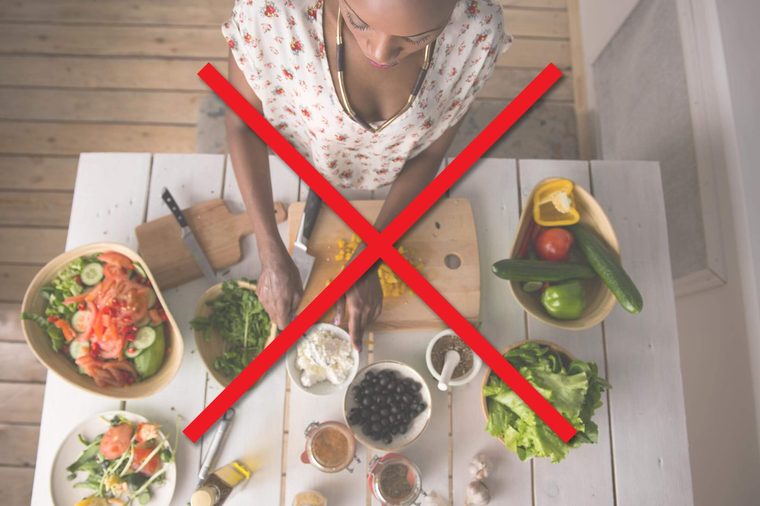
Con: You have to plan ahead
You can’t just grab something out of the cabinet, tear open the package, and chow down. If you’re going to successfully follow the Whole30, you have to take the time to create a menu, plan a shopping list, and chop lots and lots of vegetables. This can be tricky if like me, you’re a working mom on a time crunch. Also, if you are busy on the weekend, meal prep like many of the advocates of the program do, may not be possible.
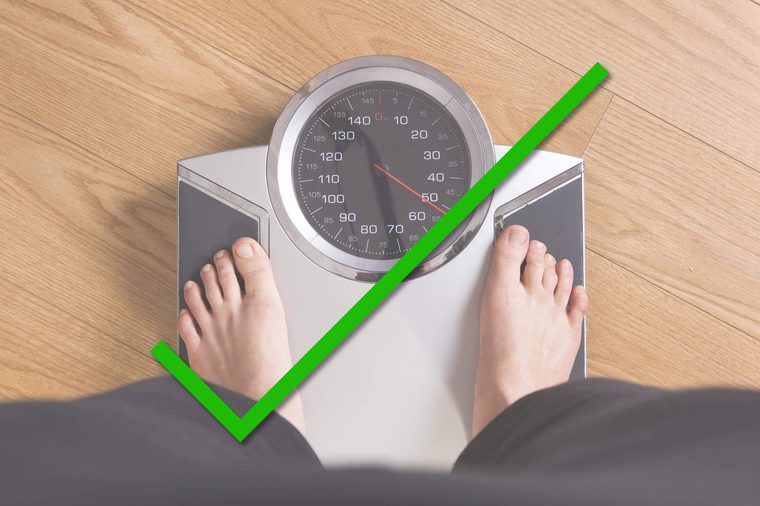
Pro: You’ll likely lose weight
Though this isn’t marketed as a weight loss plan per se, it’s almost inevitable. Eliminating foods that are high in sugar and eating more fruits and veggies in place of processed foods helps. For me, personally, eliminating dairy made me realize that I was consuming a lot of fat and sugar in cheese…on a daily basis!. Ravoof Khan, MBBS, a general practitioner who treats many patients with obesity, diabetes, hypertension, and other disorders that require nutritional and dietary advice, shares that Whole30 is effective in the short term with modest weight loss. He goes on to note that you don’t have to restrict or count calories, which can feel limiting for many.

Con: That weight loss may not be long-term
Though you may lose ten or more pounds the month you participate, you might gain all of the weight back as you reintroduce other foods. “The results of studies done on similar restrictive diets have sown that most individuals regain the lost weight after discontinuing the diet,” Dr. Khan shares.
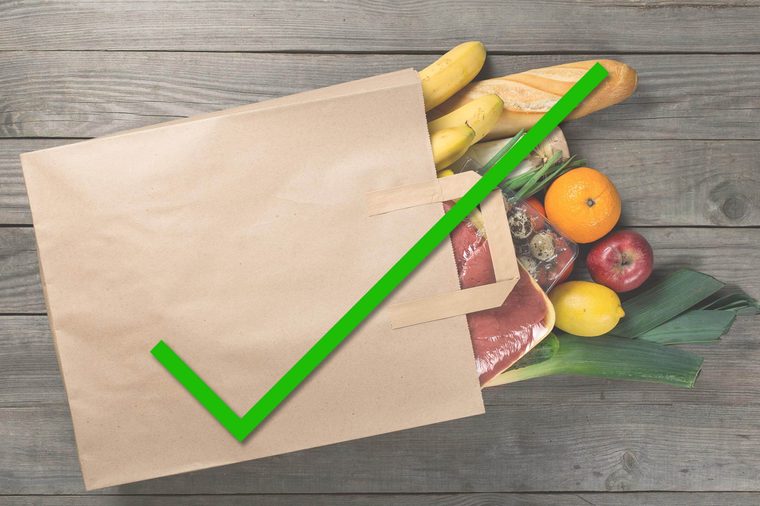
Pro: You can identify what foods are making you feel icky or causing ailments
At its core, Whole30 is an elimination diet—I went on it because I had acid reflux. By eliminating food groups and slowly reintroducing them one by one, it may help you identify if you have any food sensitivities, or, simply which foods make you feel sluggish or bloated.
Here are true stories of when elimination diets solved mysterious health issues.
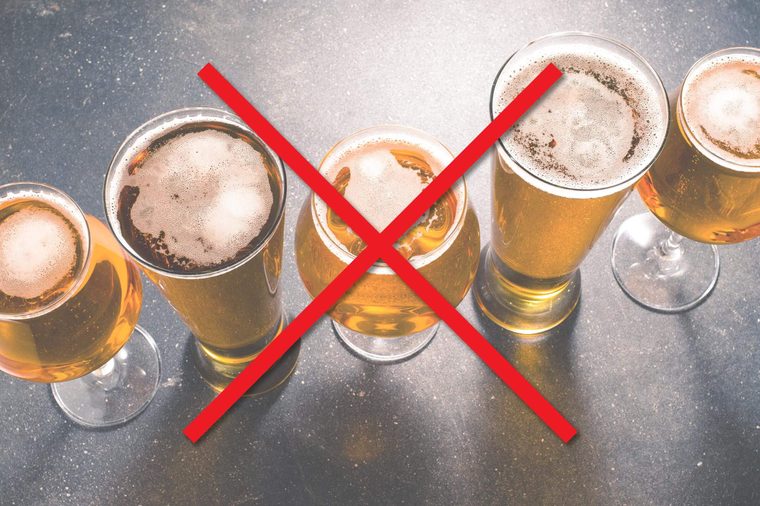
Con: This is a very restrictive diet
You’re eliminating sugar, dairy, legumes, all grains, soy, and alcohol, which means you’ll be eating meats, veggies, fruits, and nuts. Because of this, “There are no long-term studies on the effectiveness of this particular diet,” Dr. Kahn says. “A lot of the restricted foods are based on popular (but unsubstantiated) myths. The Whole30 diet eliminates lentils, for example, despite they’re being one of the healthiest foods.” (The elimination of beans and soy makes this diet harder for vegetarians and vegans.)
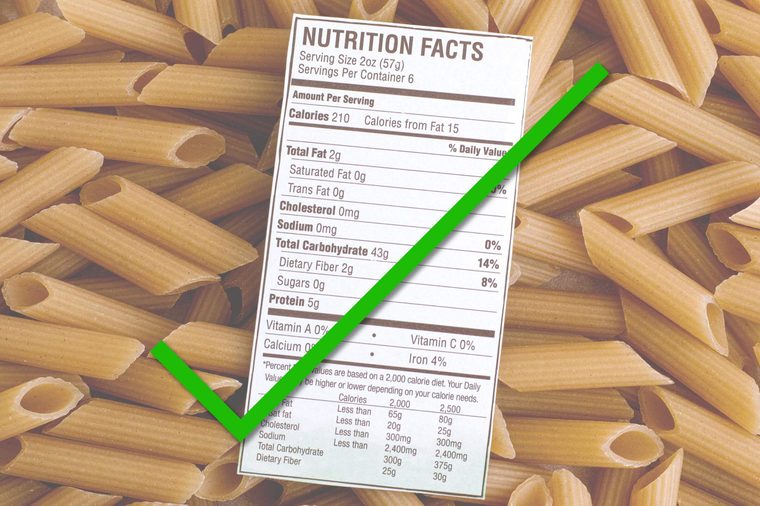
Pro: You start reading labels
Even if you don’t stick with Whole30 for the rest of your life, chances are, you will start reading ingredient labels more and analyzing the food that you buy. “It makes you aware of what you are putting in your body and how much sugar is in everything,” Stephanie Shirey, of Mechanicsburg, Pennsylvania, has followed the Whole30 plan notes.
Here are 9 things harming your body you might not even realize you’re eating.
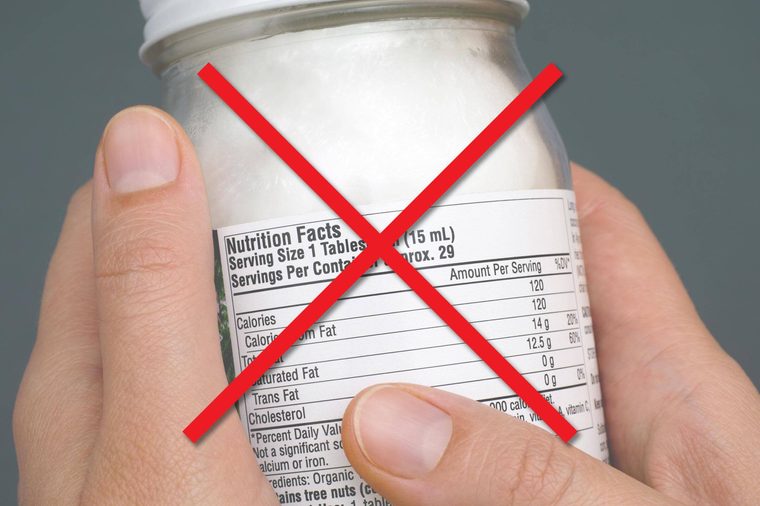
Con: You have to read labels
Grocery store trips nearly double in time until you have established a routine of what you can eat. I spent nearly two hours at the store the very first time I shopped for the Whole30 diet. Granted, I was hunting for foods I’d never bought before, but reading all of the labels of food that you normally buy to double check, for example, that your favorite brand of crushed tomatoes or hot sauce doesn’t contain sugar, takes time.
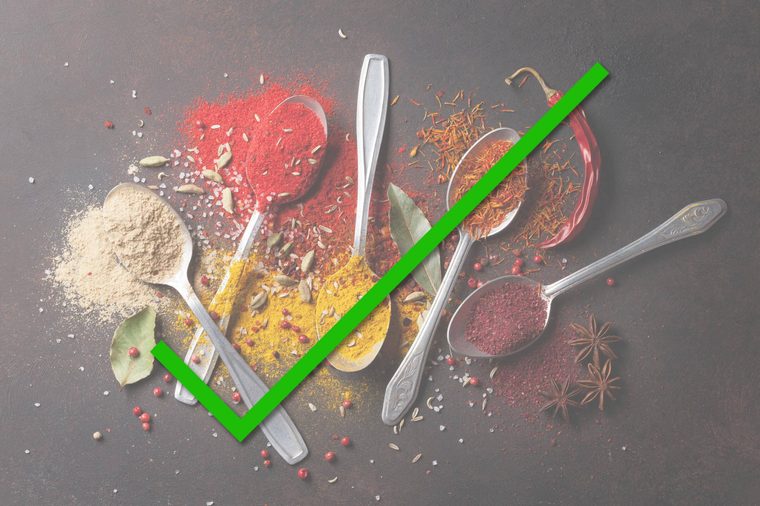
Pro: You try new foods
I’ve never been one for vegetables unless they’re raw and in a salad, but once you’re restricted to what you can eat, you begin to try things you hadn’t before. Now, I’m completely obsessed with coconut milk and have been experimenting with spices since flavoring with butter isn’t an option. If anything, it’s a great way to try new flavors and have new food experiences.
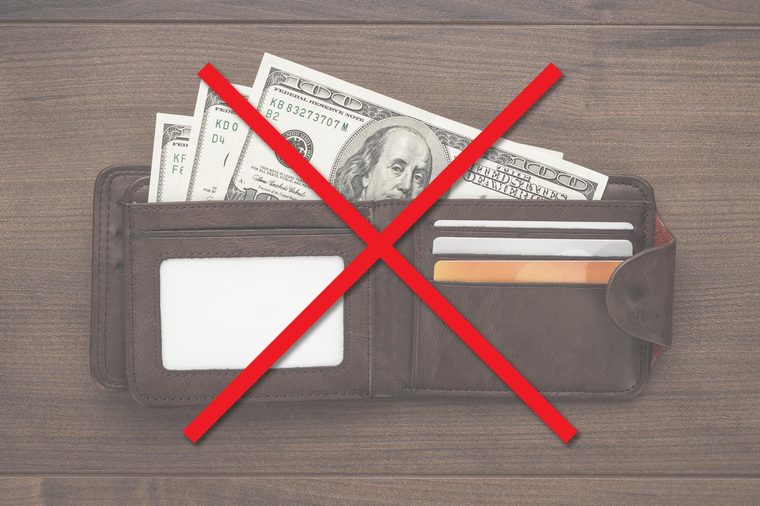
Con: Many foods are hard to get and are costly
I live in the Midwest and after pouring over recipes and making lists, I realized some of the ingredients for the healthy and delicious-looking recipes I was hoping to make aren’t available in my local store. Additionally, I found that my grocery bill increased—not only are some of the foods that are a part of the diet very expensive, ordering the things I couldn’t get locally added to the expense.
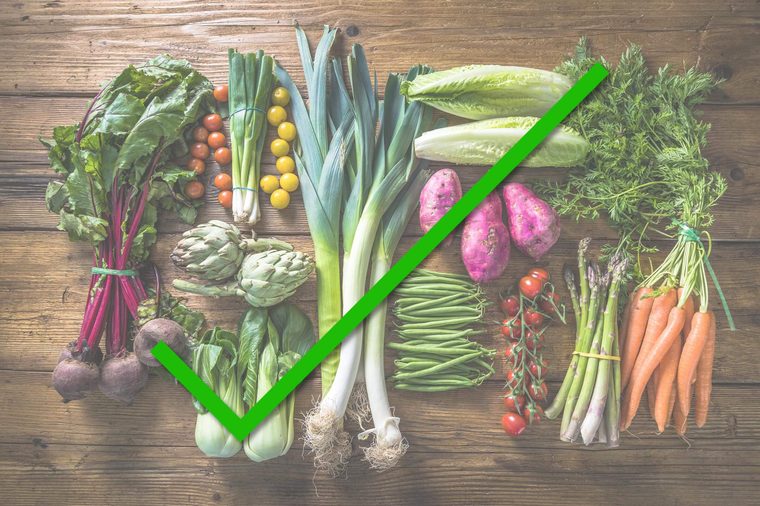
Pro: You’ll eat more veggies
When your favorite 4 p.m. snack of microwave popcorn is off limits for 30 days, you may find yourself reaching for baby carrots or an apple—initially its to curb your hunger, but you just may find that you like it. And if you find that you like it enough times, you may form a habit and start eating healthier foods in the long term. Here’s what happens to your body when you start a vegan diet.
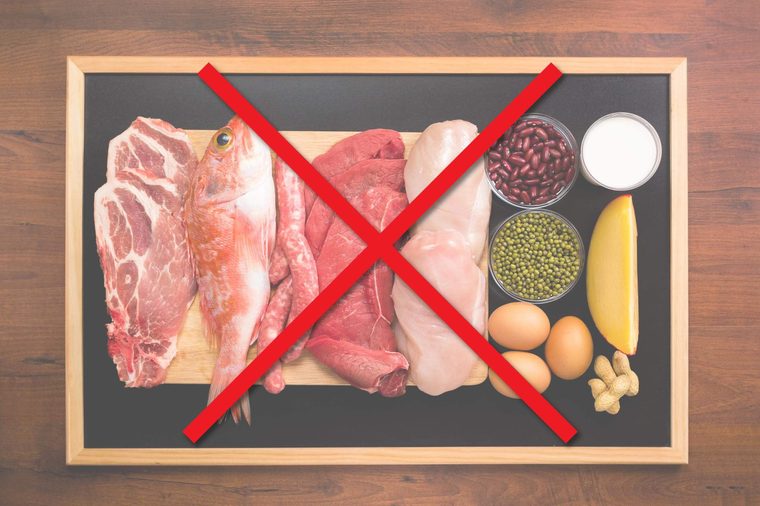
Con: You’ll eat a lot of protein
Critics of Whole30 say that the Whole 30 allows for too much animal protein and cholesterol, is high in sodium, low in calcium, and may lead to nutritional deficiencies, reports Cosmopolitan. In fact, Whole30 ranked dead last out of 38 diets in the 2017 rankings of diets by U.S. News and World Report.

Pro: You meet new people
Whole30 has a myriad of social support systems through social media including numerous Facebook support groups where members encourage each other and share recipes. I have met many new people through Instagram who follow this plan every few months—it’s nice to get support, encouragement, and, best of all, new recipes.
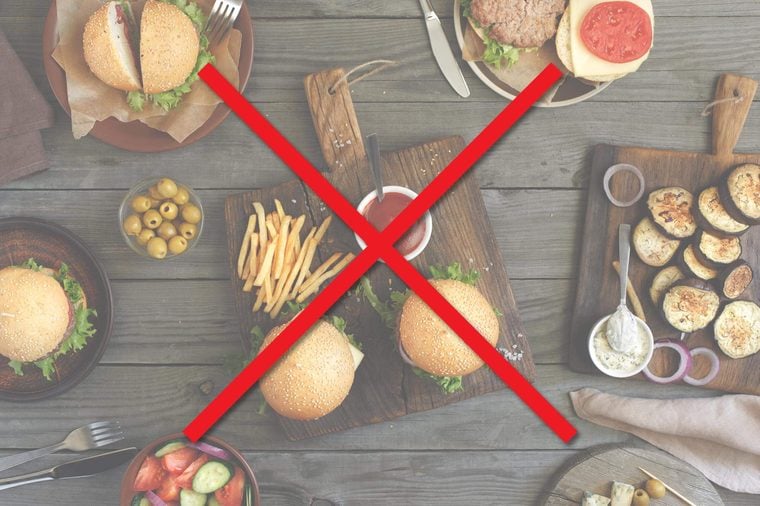
Con: Eating out and social events are hard
Did I mention there is also no alcohol allowed on this diet? A lot of people have told me they do Whole30 in February when social engagements slow down. It’s very difficult to eat at someone else’s house and to stay on plan, but even harder to eat at a restaurant where you can’t (and you shouldn’t) bring in your own food. Again, it is possible with careful planning, but prepare to be a hermit for a month or only socialize with other Whole30 eaters.
Read on for weight loss tips from people who have lost 50+ pounds.